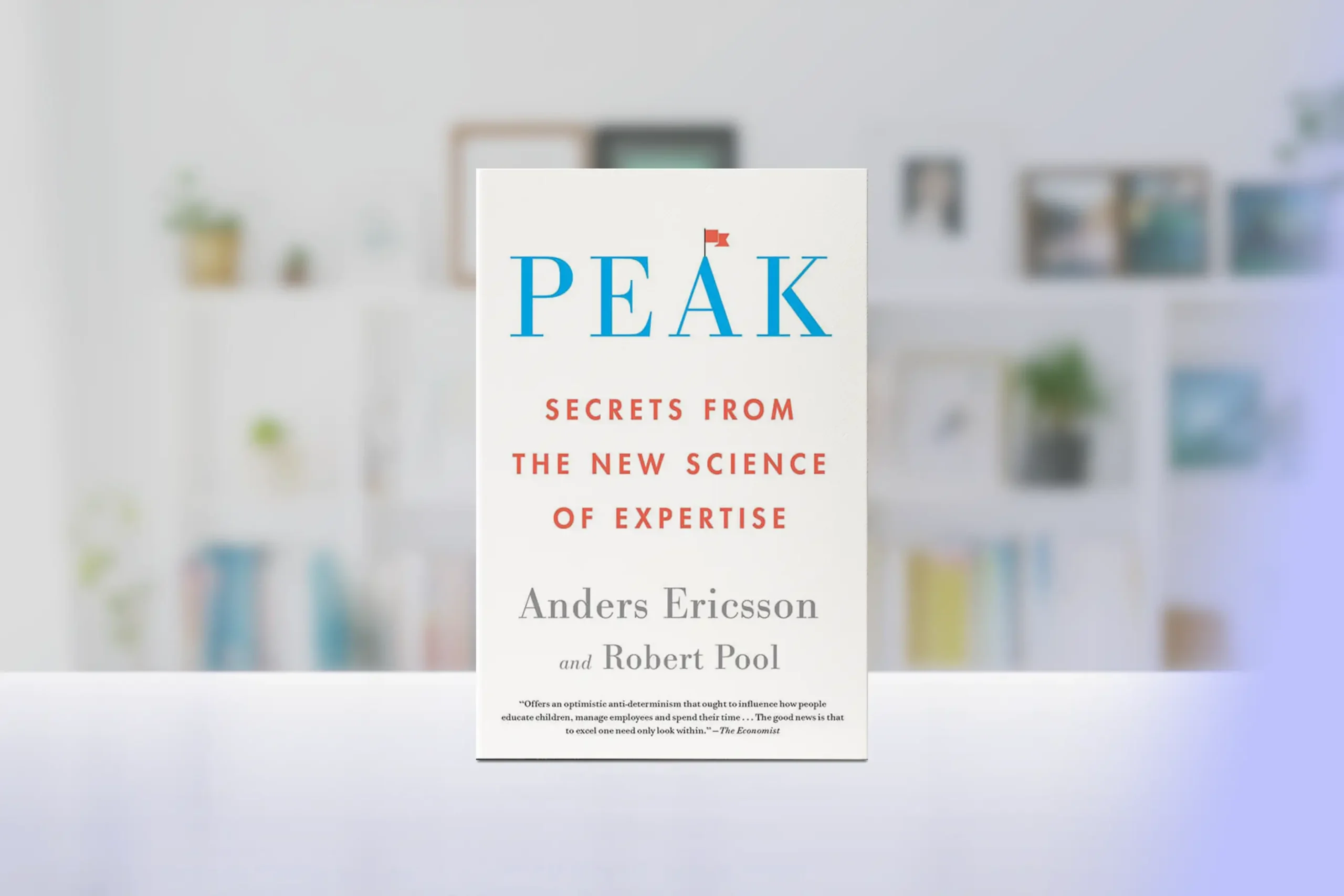In “Peak,” renowned researcher Anders Ericsson distills his groundbreaking work on expert performance into a comprehensive guide for achieving excellence. Published in 2016, this seminal book dismantles the myth of natural talent and introduces the true science behind extraordinary achievement.
As the researcher whose work inspired the famous “10,000-hour rule” (though he argues this is a misinterpretation), Ericsson presents the actual science of how deliberate practice leads to expertise in any field.
Core Concepts
Peak centers on several revolutionary insights about expertise:
- Deliberate Practice – A specific, structured approach to training that differs from mere repetition
- Mental Representations – How experts organize information differently from novices
- Adaptive Training – The importance of pushing beyond comfort zones in structured ways
- The Role of Feedback – How immediate, accurate feedback accelerates learning
Chapter-by-Chapter Review
Chapter 1: The Power of Purposeful Practice
Introduces the fundamental differences between regular practice and deliberate practice, explaining why some people plateau while others continue improving.
Chapter 2: Harnessing Adaptability
Explores how the body and brain adapt to training, and how to leverage this adaptability for skill development.
Chapter 3: Mental Representations
Delves into how experts develop sophisticated mental models that allow them to process information more effectively than novices.
Chapter 4: The Gold Standard
Examines deliberate practice in detail, providing concrete examples from various fields.
Chapter 5: Principles of Deliberate Practice on the Job
Applies the principles of expert performance to professional development and workplace learning.
Chapter 6: Principles of Deliberate Practice in Everyday Life
Shows how anyone can apply these principles to develop expertise in personal interests and hobbies.
Key Strengths
- Based on decades of rigorous scientific research
- Provides actionable frameworks for skill development
- Debunks common myths about talent and genius
- Offers practical applications across various domains
- Presents complex concepts in accessible language
Potential Drawbacks
- May feel academic in certain sections
- Could be more specific about implementing strategies in some areas
- Might discourage those looking for quick solutions
Who This Book Is For
This book is particularly valuable for:
- Professionals seeking to reach expert levels in their field
- Coaches and teachers wanting to understand skill development
- Parents interested in supporting their children’s growth
- Anyone committed to achieving mastery in any domain
Final Review
“Peak” is an essential read for anyone serious about understanding and achieving expert performance. It replaces folk wisdom and pop psychology with evidence-based insights into how expertise actually develops. What sets this book apart is its rigorous scientific foundation combined with practical applicability – Ericsson doesn’t just tell you what works, he shows you why it works and how to implement it in your own life. Whether you’re a beginner or already accomplished in your field, Peak provide a clear framework for pushing beyond perceived limitations and achieving higher levels of performance than you might have thought possible.
Rating: 4.6/5
This book fundamentally changes our understanding of human potential and provides a clear roadmap for achieving excellence.
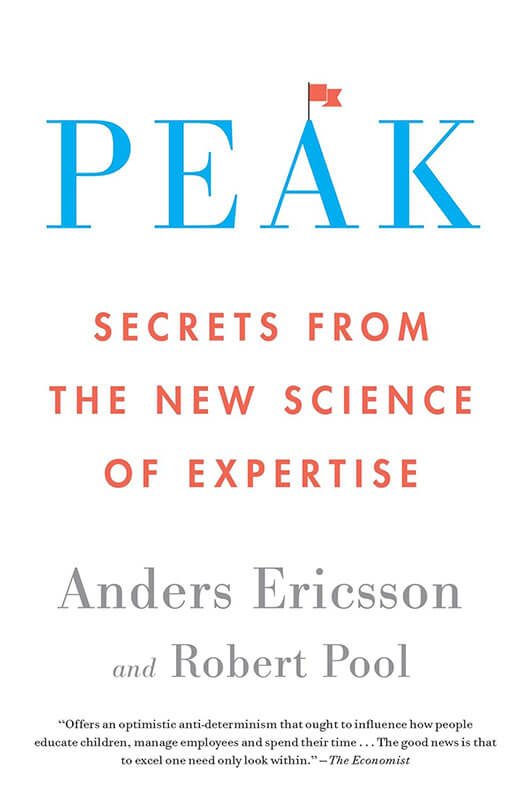
Alternative Books
If you are looking for other books like this , consider these alternatives:
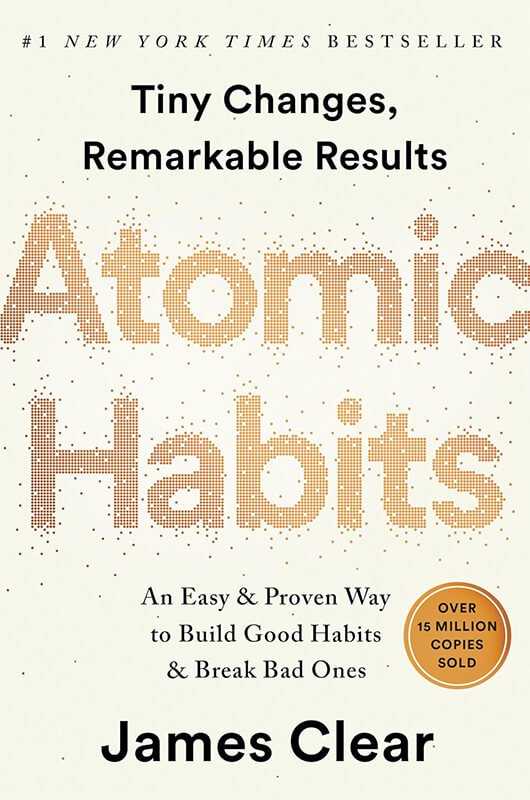
Atomic Habits by James Clear
A practical guide to building the systems and habits necessary for continuous improvement.
Rating: 4.8/5
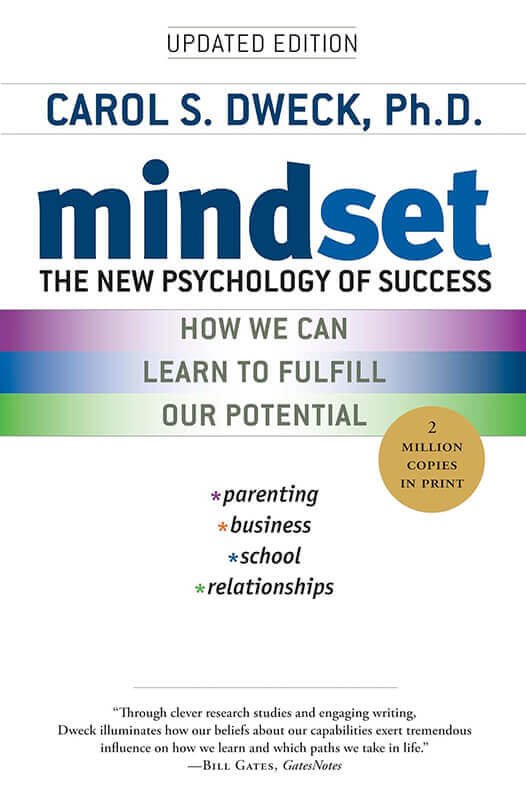
Mindset: The New Psychology of Success by Carol S. Dweck
Explores how our beliefs about abilities influence our potential for growth.
Rating: 4.6/5
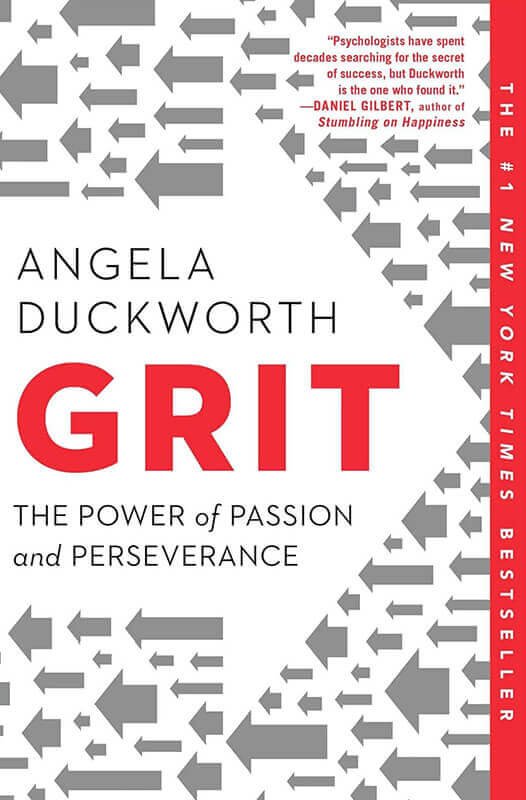
Grit: The Power of Passion and Perseverance by Angela Duckworth
Examines the role of sustained effort and deliberate practice in achieving long-term goals.
Rating: 4.6/5

